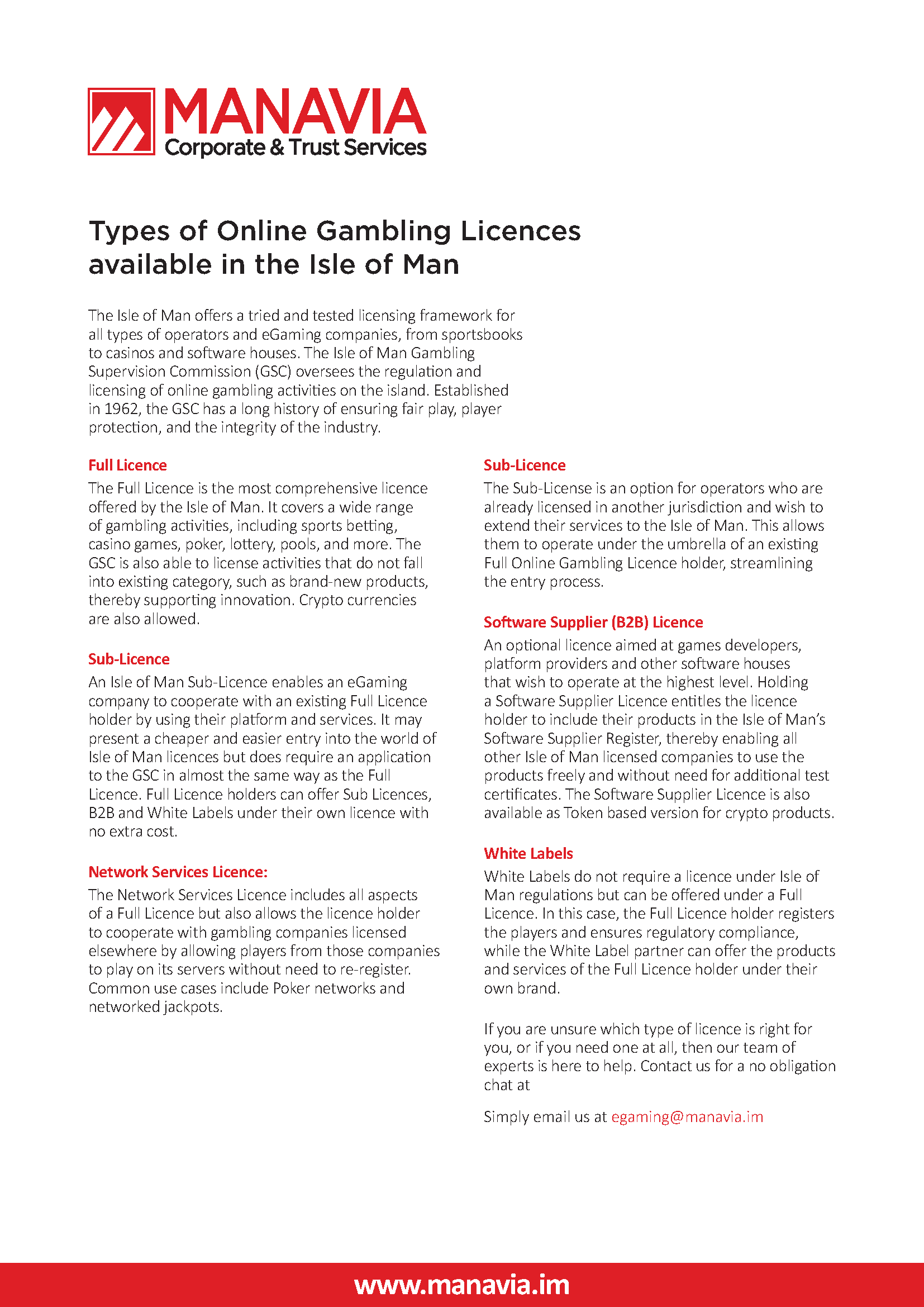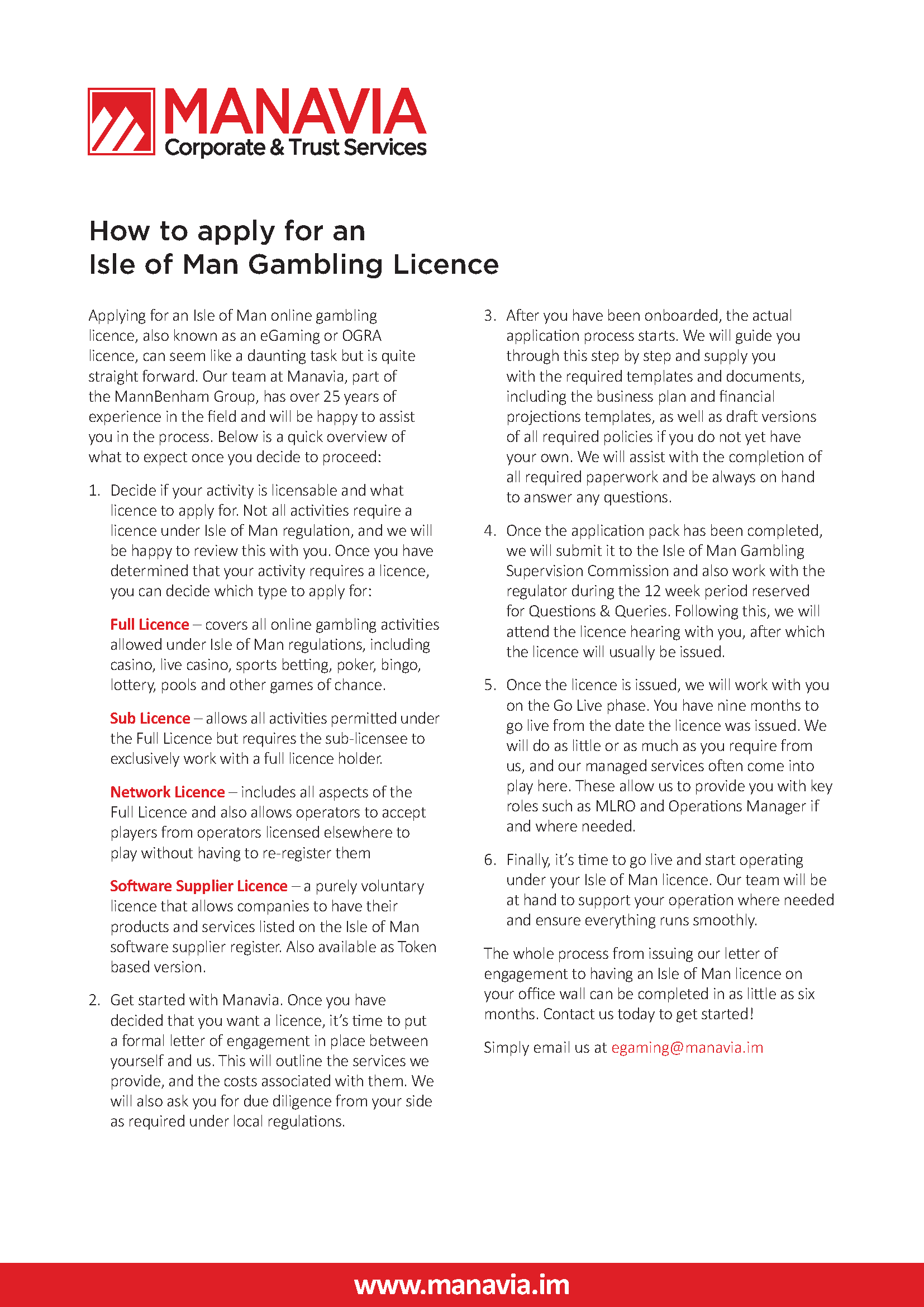Redundancy & Related Issues – A Timely Reminder
Employers | Employees
Needless to say, the current COVID restrictions are imposing huge demands and strains on businesses and many are reluctantly having to consider cost cutting, including job losses.
Written by Chris Grimson | Advocate | Originally published 27 May 2020
Given the severity of the situation some employers appear to be assuming that they can simply move ahead with immediate lay-offs or redundancies, without necessarily considering whether they have a solid legal basis upon which to act in that way. We would always urge employers to take legal advice before embarking on any such action.
Likewise, for employees who find themselves subject to such action, legal advice should always be sought. Whilst the Manx Industrial Relations Service provides very worthwhile advice to both employers and employees, there is inevitably a limit to the degree of time and resources which they can devote to considering such matters, particularly at times when there is high demand for their services such as the present.
Redundancy & Related Issues | Here for you…
There are many crucial issues which will potentially need to be considered, depending upon the circumstances of the case. If you are considering multiple redundancies then you need to consider each employee in turn:
- Are they generally redundant in legal terms?
- Are you therefore entitled to simply move ahead with redundancy?
- What notice do you have to give affected employees?
- What degree of consultation do you have to undergo, before you can have a valid dismissal based on redundancy?
- What are the differences between laying off, short term working and redundancy?
- When should you consider one in favour of the others?
- If you can move ahead with a genuine redundancy, how do you calculate the necessary redundancy payment?
(assuming that the employee has sufficient length of service to qualify for a payment). - Does a particular employee fall into one of the categories of persons who are not actually entitled to a redundancy payment?
- There are situations in which redundancy payments are limited, do you know when that applies?
If you are considering multiple redundancies amongst a group of workers:
- Do you know how to compile a suitable pool of employees whose jobs will be at risk, and who will require notice that they are in the pool?
- Do you know when it may be appropriate to place an employee on short term working?
- There are time limits placed upon short term working and lay off, do you know what they are?
- As regards employees whose jobs are at risk, have you considered whether to offer them any available alternative work in other parts of the business?
- Do you know what effect that might have upon any redundancy payment, if the employee declines?
Do you understand that if you carry out redundancy incorrectly, you can be faced with claims for unfair dismissal?
If you are a small employer, do you realise that you can be eligible for a rebate from central Government in relation to redundancy payments that you make to employees?
Likewise, if your business becomes insolvent in these difficult times, do you know the circumstances in which the State may step in and make redundancy payments in your place?
These are simply some of the host of issues which can be relevant to both employers and employees, if redundancies are having to be considered. You should always take independent legal advice before moving ahead with redundancies or similar action, and indeed as an employee you should seek advice if you find yourself vulnerable to such action. At MannBenham we have an employment law team who are able to provide detailed expertise suited to your needs, so please feel free to give us a contact us on any redundancy or related issues on 01624 639350 or make contact through our online message service which you can access through our contact page.























